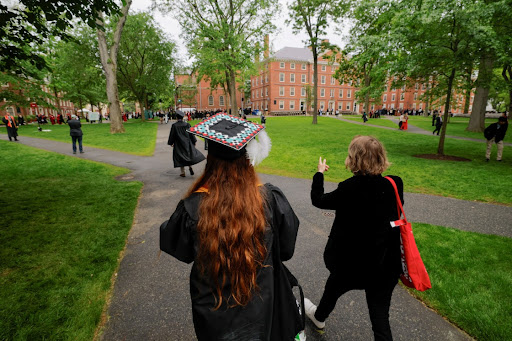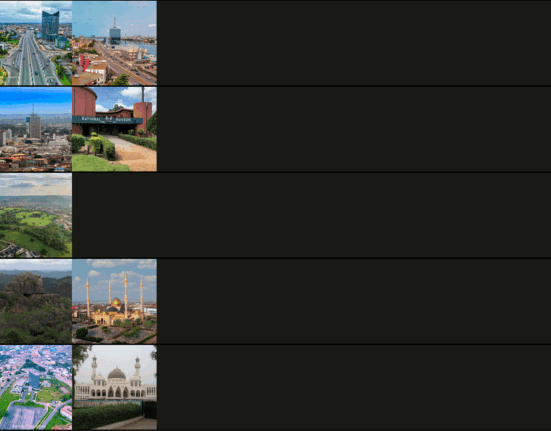In a recent legal battle between Harvard University and US President Donald Trump, a federal judge in Boston issued a temporary restraining order preventing Trump from prohibiting the entry of foreign nationals seeking to study or participate in exchange programs at the prestigious Ivy League school. This decision came amidst a heated dispute between Harvard and the Trump administration, highlighting the ongoing clash between academia and government policies.
District judge Allison Burroughs granted Harvard a reprieve from Trump’s proclamation, citing the potential “immediate and irreparable injury” that the ban on international students would cause. This ruling halted the implementation of Trump’s directive, which aimed to prevent foreign nationals from entering the US to study at Harvard for the next six months. Burroughs had previously blocked a separate order that sought to bar international students from enrolling at Harvard, emphasizing the significant impact such restrictions would have on the university’s diverse student body.
Harvard swiftly amended its lawsuit to challenge the new directive, accusing Trump of violating the court’s previous decisions. The university argued that the prohibition not only infringed upon the rights of thousands of international students but also undermined Harvard’s core mission of providing a global education. The ongoing legal battle underscores the fundamental role international students play in enriching the academic environment and cultural diversity of institutions like Harvard.
Amidst the legal proceedings, the White House spokesperson accused Harvard of being a “hotbed of anti-American, anti-Semitic, pro-terrorist agitators,” sparking further controversy. Trump’s administration defended the entry ban by citing national security concerns and alleged ties between Harvard and foreign adversaries, particularly highlighting China. However, Harvard refuted these claims, asserting that the accusations were baseless and unsubstantiated.
The conflict between Harvard and the Trump administration extends beyond immigration policies, with the university facing threats to its funding and tax-exempt status. Harvard contended that the government’s actions were retaliatory, stemming from the university’s refusal to comply with demands to alter its governance structure and academic principles. The legal battles reflect broader tensions surrounding academic freedom and governmental interference in higher education institutions.
As the case unfolds, experts warn of the broader implications of restricting international student enrollment at prestigious universities like Harvard. The ability to attract top talent from around the world not only enhances academic excellence but also fosters global partnerships and cultural exchange. Limiting the access of international students could have far-reaching consequences for the reputation and competitiveness of American universities on the global stage.
In a complex landscape where national security concerns intersect with academic freedom, the outcome of the legal dispute between Harvard and the Trump administration carries significant implications. The protection of international students’ rights, the preservation of academic autonomy, and the promotion of diversity in higher education are central themes in this contentious debate. As the legal battle continues, the future of international student enrollment at Harvard and other institutions hangs in the balance, shaping the landscape of higher education in the United States.









Leave feedback about this